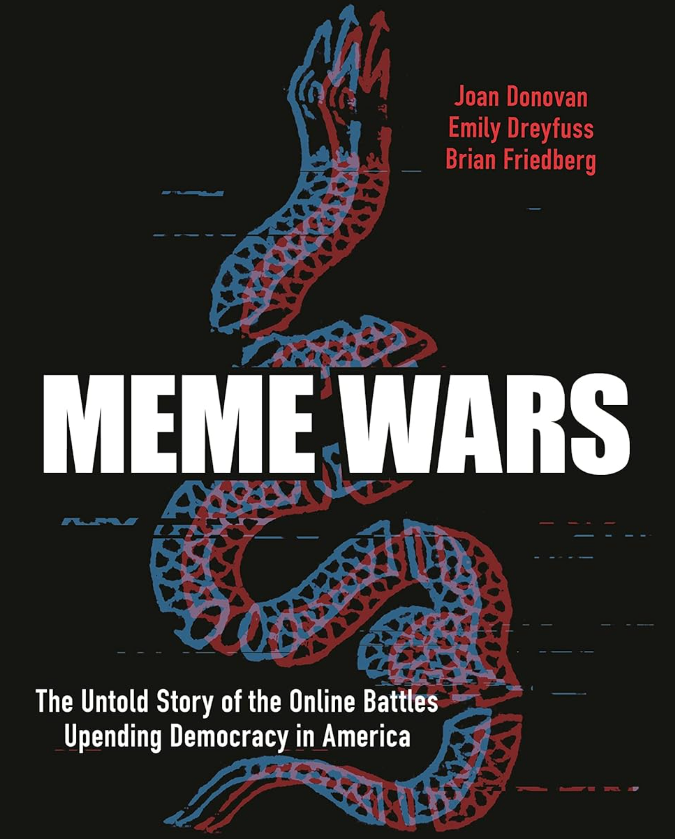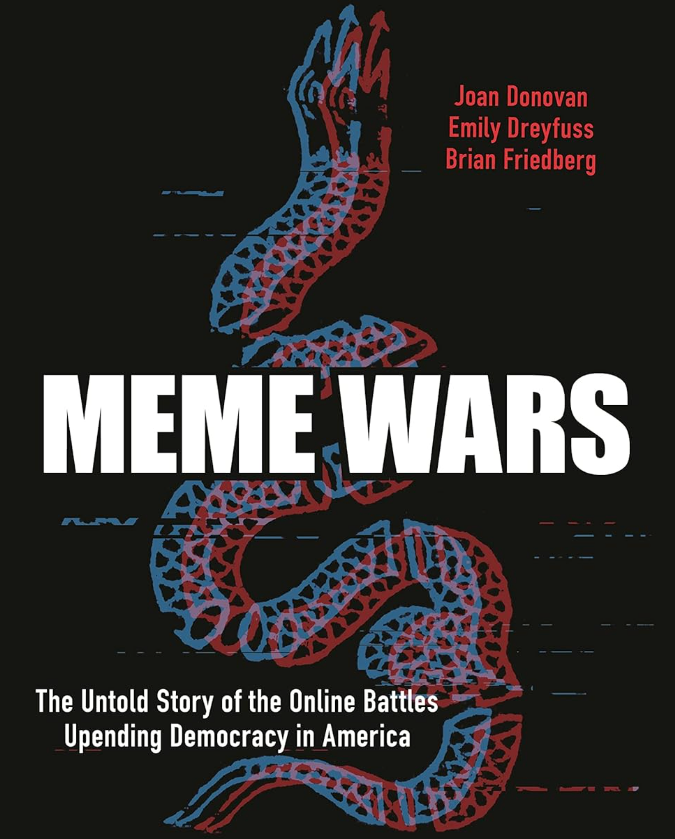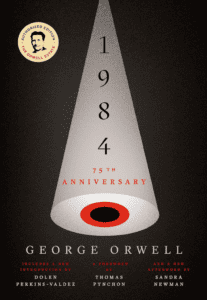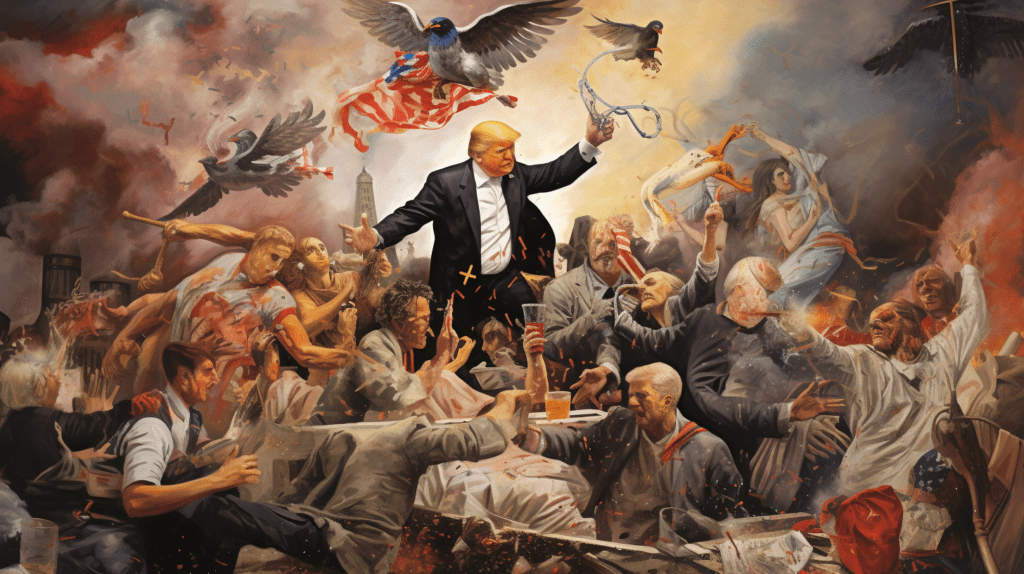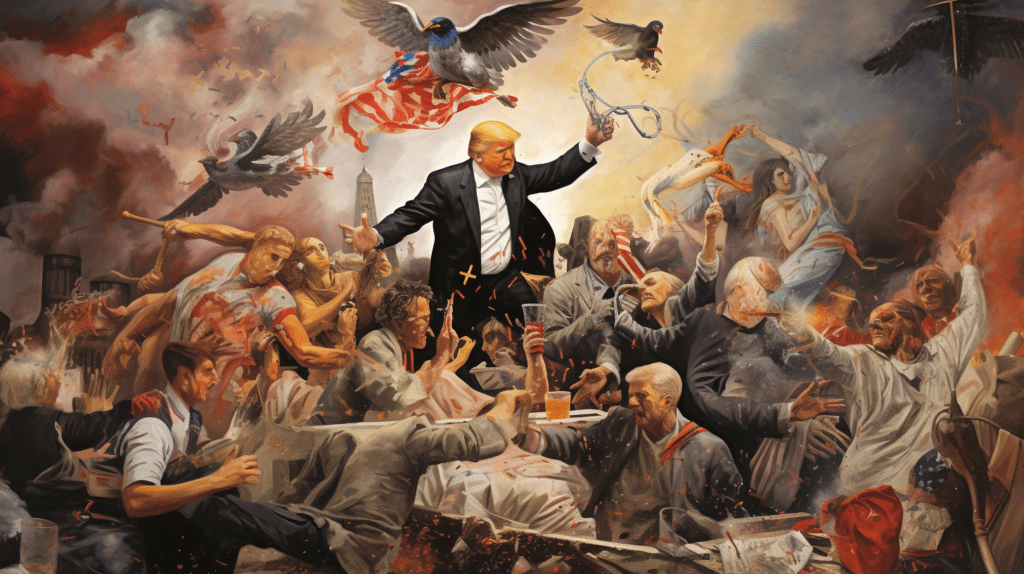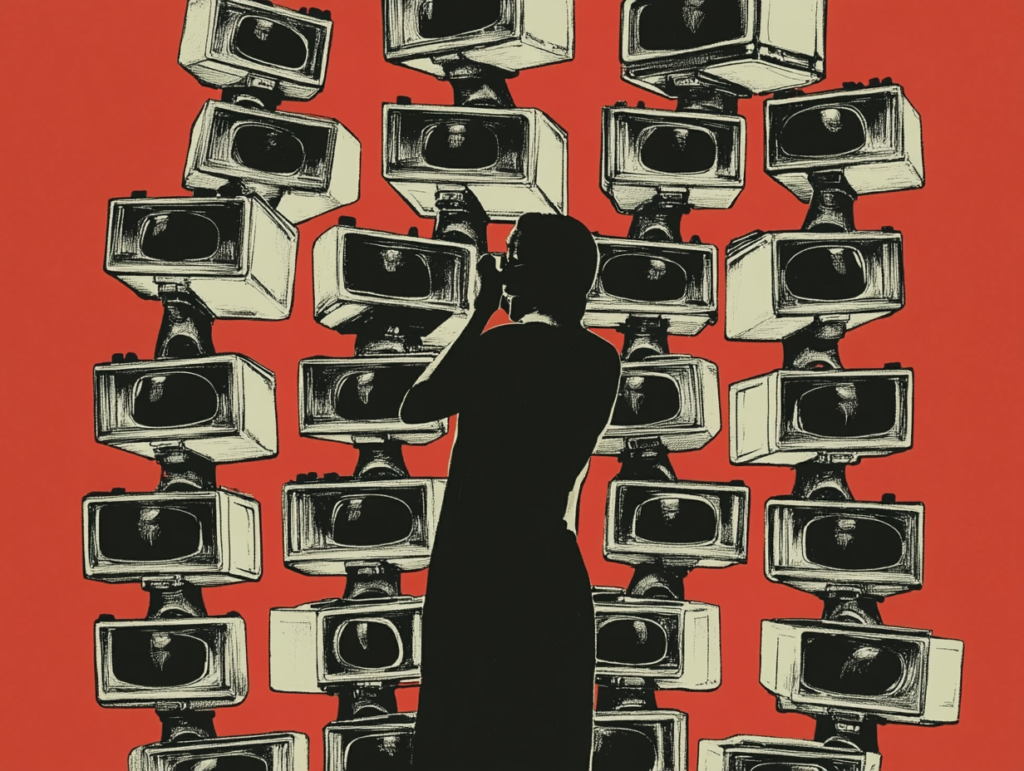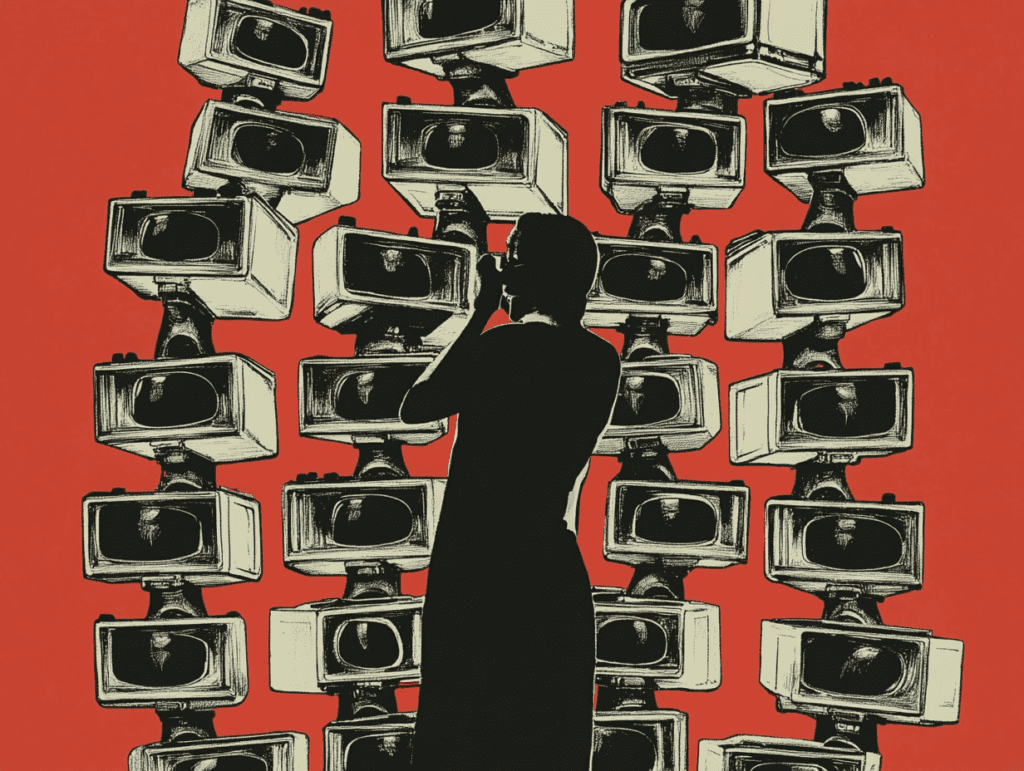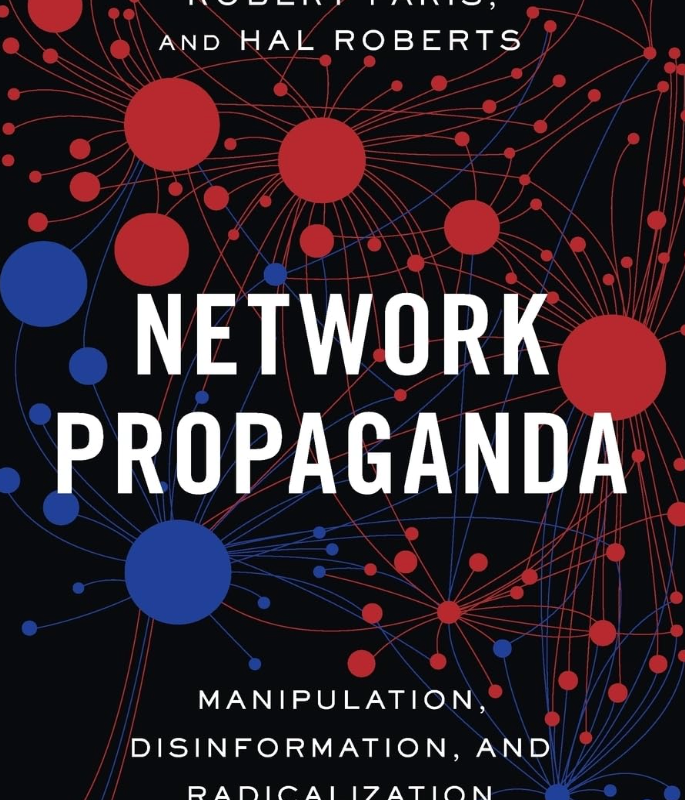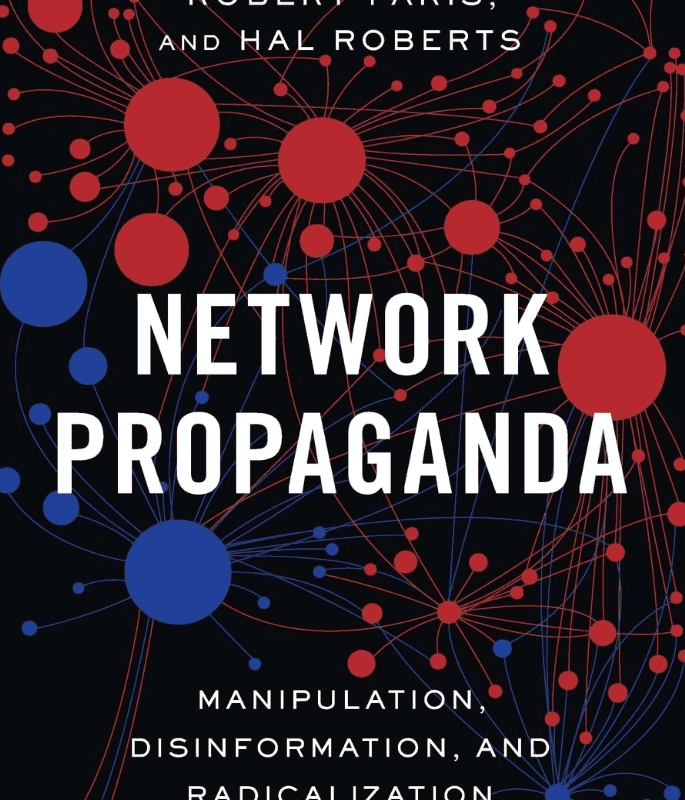Logical fallacies are errors in reasoning that occur when arguments are constructed or evaluated. They are deceptive and misleading, often leading to false or weak conclusions. Recognizing and avoiding logical fallacies is essential for critical thinking and effective communication.
These flaws in rhetorical logic can be observed aplenty in modern political and civil discourse. They are among the easiest types of argument to dispel, because their basic type has been discredited and compiled together with other discarded forms of rational persuasion, to make sure that ensuing generations don’t fall for the same tired old unethical ideas.
By understanding and identifying these common logical fallacies, individuals can sharpen their critical thinking skills and engage in more productive, rational discussions. Recognizing fallacies also helps avoid being swayed by deceptive or unsound arguments — which abound in increasing volume thanks to the prevalence of misinformation, disinformation, and disingenuous forms of motivated reasoning.
In an age of information overload, critical thinking has never been more essential. Whether you’re analyzing a news story, debating with friends, or writing a persuasive essay, your ability to recognize and avoid faulty reasoning can be the difference between clarity and confusion, persuasion and propaganda. At the heart of this effort lies this powerful concept of logical fallacies.
Types of logical fallacies
Logical fallacies fall into one of two main clusters:
Formal Fallacies
Formal fallacies occur when there’s a flaw in the logical structure of an argument, rendering the conclusion invalid—even if the premises are true. Think of formal fallacies as broken logic circuits: they don’t connect, even if the parts look sound.
Example:
If it’s raining, the ground is wet. The ground is wet, therefore it must be raining.
(This is a classic fallacy known as affirming the consequent.)
Informal Fallacies
Informal fallacies, on the other hand, relate to the content of the argument rather than its structure. These occur when the premises don’t adequately support the conclusion, even if the structure appears valid.
These informal logical fallacies are more common in everyday conversation and rhetoric. Informal fallacies usually stem from misused language, assumptions, or appeals to emotion rather than flawed logic alone. They’re trickier to spot because they often feel intuitive or persuasive.
Example:
- Everyone’s doing it, so it must be right.
(This is the bandwagon fallacy—popular doesn’t mean correct.)
Within each of these two clusters is a number of different logical fallacies, each with its own pitfalls. Here are a few examples:

- Ad Hominem: This fallacy attacks the person making the argument rather than the argument itself. For instance, dismissing someone’s opinion on climate change because they’re not a scientist is an ad hominem fallacy.
- Straw Man: This involves misrepresenting an opponent’s argument to make it easier to attack. If someone argues for better healthcare and is accused of wanting “socialized medicine,” that’s a straw man.
- Appeal to Authority: This fallacy relies on the opinion of an “expert” who may not actually be qualified in the relevant field. Just because a celebrity endorses a product doesn’t mean it’s effective.
- False Dichotomy: This fallacy presents only two options when, in fact, more exist. For example, stating that “you’re either with us or against us” oversimplifies complex issues.
- Slippery Slope: This fallacy argues that a single action will inevitably lead to a series of negative events, without providing evidence for such a chain reaction.
- Circular Reasoning: In this fallacy, the conclusion is used as a premise, creating a loop that lacks substantive proof. Saying “I’m trustworthy because I say I am” is an example.
- Hasty Generalization: This involves making a broad claim based on insufficient evidence. For instance, meeting two rude people from a city and concluding that everyone from that city is rude is a hasty generalization.
Understanding logical fallacies equips you to dissect arguments critically, making you a more informed participant in discussions. It’s a skill that’s invaluable in both professional and personal settings. Arm yourself with knowledge about this list of logical fallacies:
| Fallacy | Definition | Example |
| Ad Hominem | Attacking the person instead of addressing their argument | “You can’t trust his economic policy ideas. He’s been divorced three times!” |
| Appeal to Authority | Using an authority’s opinion as definitive proof without addressing the argument itself | “Dr. Smith has a PhD, so her view on climate change must be correct.” |
| Appeal to Emotion | Manipulating emotions instead of using valid reasoning | “Think of the children who will suffer if you don’t support this policy!” |
| Appeal to Nature | Arguing that because something is natural, it is good, valid, or justified | “Herbal supplements are better than medication because they’re natural.” |
| Appeal to Tradition | Arguing that something is right because it’s been done that way for a long time | “We’ve always had this company policy, so we shouldn’t change it.” |
| Bandwagon Fallacy | Appealing to popularity as evidence of truth | “Everyone is buying this product, so it must be good.” |
| Begging the Question | Circular reasoning where the conclusion is included in the premise | “The Bible is true because it’s the word of God, and we know it’s the word of God because the Bible says so.” |
| Black-and-White Fallacy | Presenting only two options when more exist | “Either we cut the entire program, or we’ll go bankrupt.” |
| Cherry Picking | Selectively using data that supports your position while ignoring contradictory evidence | “Global warming can’t be real because it snowed last winter.” |
| Correlation vs. Causation | Assuming that because two events occur together, one caused the other | “Ice cream sales and drowning deaths both increase in summer, so ice cream causes drowning.” |
| Equivocation | Using a word with more than one meaning in a misleading way | “Evolution is just a theory, so it shouldn’t be taught as fact.” (Equivocating between scientific theory and casual speculation) |
| Fallacy of Composition | Inferring that something is true of the whole because it’s true of a part | “This cell is invisible to the naked eye, so the whole animal must be invisible too.” |
| Fallacy of Division | Inferring that something is true of the parts because it’s true of the whole | “The university has an excellent reputation, so every professor there must be excellent.” |
| Genetic Fallacy | Evaluating an argument based on its origins rather than its merits | “That idea came from a socialist country, so it must be bad.” |
| Hasty Generalization | Drawing a general conclusion from a sample that is too small or biased | “I had two bad meals at restaurants in Italy, so Italian cuisine is terrible.” |
| Middle Ground Fallacy | Assuming that a compromise between two extremes must be correct | “Some people say the Earth is flat, others say it’s round. The truth must be that it’s somewhat flat and somewhat round.” |
| No True Scotsman | Redefining terms to exclude counterexamples | “No true environmentalist would drive an SUV.” When shown an environmentalist who drives an SUV: “Well, they’re not a true environmentalist then.” |
| Post Hoc Ergo Propter Hoc | Assuming that because B followed A, A caused B | “I wore my lucky socks and we won the game, so my socks caused our victory.” |
| Red Herring | Introducing an irrelevant topic to divert attention from the original issue | “Why worry about environmental problems when there are so many people who can’t find jobs?” |
| Slippery Slope | Arguing that a small first step will inevitably lead to extreme consequences | “If we allow same-sex marriage, next people will want to marry their pets!” |
| Straw Man | Misrepresenting someone’s argument to make it easier to attack | “Vegetarians say we should eat no meat at all and let farmers go out of business.” (When they actually argue for reduced meat consumption) |
| Texas Sharpshooter | Cherry-picking data clusters to fit a pattern | “Look at these cancer cases clustered in this neighborhood – it must be caused by the power lines!” (While ignoring similar neighborhoods with power lines but no cancer clusters) |
| Tu Quoque | Avoiding criticism by turning it back on the accuser | “You say I should quit smoking, but you used to smoke too!” |
| Burden of Proof | Claiming something is true while putting the burden to disprove it on others | “I believe in ghosts. Prove to me that they don’t exist.” |
How to identify logical fallacies
Spotting fallacies takes practice, but these tips can help sharpen your skills:
- Slow down and dissect the argument. Look at the premises and conclusion—do they logically connect?
- Watch for emotional appeals. If an argument relies more on stirring feelings than presenting evidence, be cautious.
- Ask: what’s being left out? Many fallacies omit key context or alternate explanations.
- Compare to real-world examples. Would the logic hold up elsewhere?
Everyday example:
“If we allow students to redo assignments, next they’ll expect to retake tests, and eventually no deadlines will matter at all.”
— This is a slippery slope fallacy. One action doesn’t necessarily lead to an extreme outcome.
Why avoiding logical fallacies matters
Logical fallacies don’t just weaken arguments—they erode trust, obscure truth, and inflame discourse. Here’s why learning to avoid them is critical:
- In personal arguments: Fallacies can escalate tension and derail meaningful conversation.
- In academic writing: Sound reasoning is the backbone of scholarship; fallacies undermine credibility.
- In public discourse and media: Propaganda and misinformation often rely on fallacious reasoning to manipulate opinion. Recognizing these tactics is key to resisting them.
In a world where bad actors exploit fallacies for influence and profit, being fallacy-literate is a form of intellectual self-defense.
Logical fallacies quiz
Want to see if you know your logical fallacies? Just take our handy quiz and get them on lock as part of your foundational knowledge and model thinking library.
Read more related to logical fallacies:
30 Common Psychological Biases ↗
These systematic errors in our thinking and logic affect our everyday choices, behaviors, and evaluations of others.
28 Cognitive Distortions ↗
Cognitive distortions are bad mental habits. They’re patterns of thinking that tend to be negatively slanted, inaccurate, and often repetitive.
Think Better with Mental Models ↗
Mental models are a kind of strategic building blocks we can use to make sense of the world around us.




